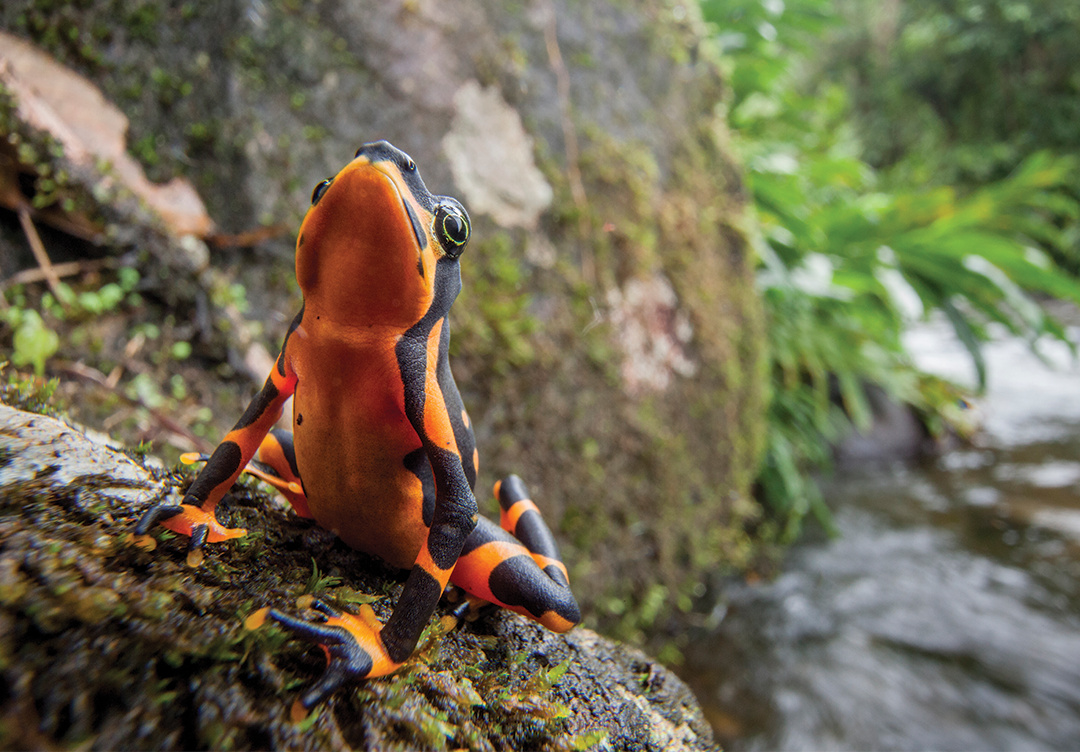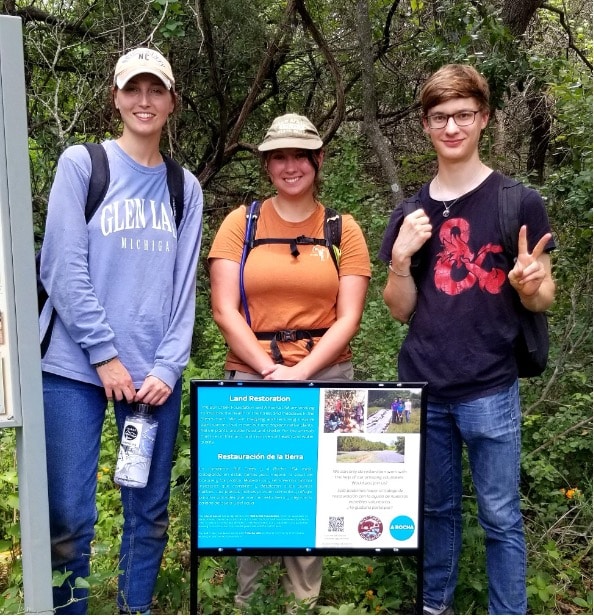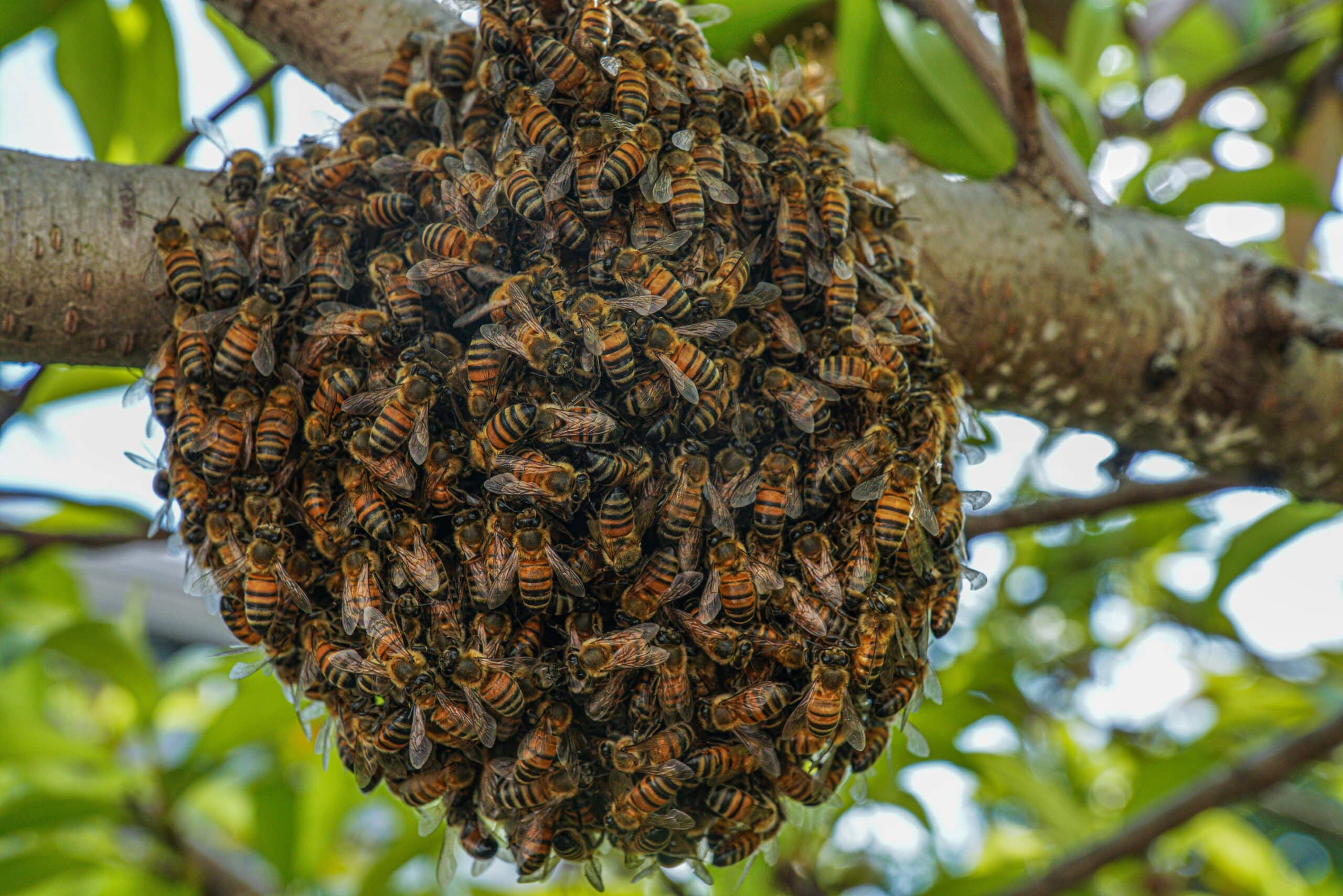Funding conservation without costing the earth
Funny thing, generosity. It seems so simple to dig into our pockets if we see people are in need, or if we like what they are doing. Of course we want to help! Recently in Europe we have witnessed the desperate arrivals of hundreds of thousands of migrants from war-torn, or famine-afflicted, parts of the world. As time passes, it is only too clear that impulsive first instincts soon need to turn into more sustainable and thoughtfully generous plans.
The ecological crises that frequently lie behind such social and political upheavals often escape the headlines but are nonetheless urgent and real. It is generally agreed that the level of funding currently directed towards meeting them is entirely insufficient. Simon Stuart, Chair of the IUCN Species Survival Commission that tracks the threats to species worldwide, has written: ‘The total global spending on nature conservation is probably a few tens of billions of US$ annually, which is almost negligible in terms of the global economy. Compared with expenditure on defence, trade, agriculture, health or social security, it is practically invisible. The amount spent each year through government subsidies to destroy nature massively outweighs the amount spent to conserve it. Given all of this, it is remarkable how much positive impact the tiny conservation investment actually has. If we paid what it really takes to stop extinctions (perhaps a 100-fold increase in expenditure, which would still be very small in global economic terms), we would certainly see dramatic gains. Scientists have shown that the total amount of funding required to meet globally agreed targets for mitigating biodiversity loss is less than 20 per cent of annual global consumer spending on soft drinks. ’[*]
The message is that conservation works, and it would cost relatively little to make a massive difference.

PHOTO CAPTION: The Amphibian Survival Alliance is seeking to document the survival status and whereabouts of threatened amphibian species not seen in over a decade. It’s vital, but relatively inexpensive fieldwork. The Variable Harlequin Frog Atelopus varius, disappeared from the forests of Costa Rica and Panama before being rediscovered in 2003. PHOTO: Robin Moore
Funding the solutions to rapid biodiversity loss, or supporting good work that cares for the creation which sustains us all, takes thought and expertise, as well as wise generosity. There are finance and business opportunities for impact investors to consider. However, they are far better developed in the area of relieving human poverty than tackling biodiversity loss. So, in the short term at least, philanthropy in its multiple and various forms seems to be the most effective answer.
Beyond generosity in both business and personal culture, it would seem that there is one obvious thing that can be done which would give a double benefit. It is simply to resolve to create our wealth, and steward our savings, in ways that join up with our intentions of generosity. The traditional funding model for philanthropy, even for some well-known and mighty foundations, is that money is made by depleting creation, and even at times impoverishing human communities, and then the surplus is given away according to quite different, and more benevolent, values. But wouldn’t it be a double gain if the money was originally earned, by businesses or investment funds, in ways that left creation flourishing, and people able to live a more resilient life? Not only would there be fewer urgent needs to be met, but the money that was given would come from work that is truly aligned with the generous intentions of the donors.
Finally, of course, businesses and funds that take account of the triple bottom line of environmental sustainability, social responsibility and good governance are demonstrably more robust in the long term and thus a better hope for investors.
So it all makes good sense and we have to ask why it happens relatively rarely? The simple answer, fit for a blog post, seems to be that short-term expediency, and financial profit, trump both common sense and our good intentions. We seem to be prepared to risk our world and our grandchildren’s world for a calculation based on a quarterly return or a two-year political cycle. So those who really do believe that some things matter more than short-term profit or immediate shareholder value, such as Christians in the finance, business, legal, or political worlds, need our support and prayers so that they might have the courage and creativity to design better ways forward. As multiple ecological crises continue to impact our hearts, minds and imaginations, we must hope that we are given grace to change and to find greater wisdom.
Few of the good causes that philanthropists support have much future, unless they can find a home on a living planet.
[*] Stuart, S. (2014). ‘Coming Back from the Brink’. In: G. Goodman (ed.). Biophilia. Synchronicity Earth, pp. 48-57. London.
We are happy for our blogs to be used by third parties on condition that the author is cited and A Rocha International, arocha.org, is credited as the original source. We would be grateful if you could let us know if you have used our material, by emailing [email protected].




An interesting and thought provoking article! I wholeheartedly support your comment that Christians in Finance, Business, Law & political spheres need our prayers and support. It is these people who can influence, guide and shape a better future, but often these same Christians have yet to understand God’s plan for the planet. I know, I was one of them. The journey out of ignorance is slow and unfortunately delicate.
Lord of the Harvest please send us labourers.
Amen to your prayer, Myles and thank you for the way you personally have undertaken this journey. I think the task of nature conservation is so much more about human choices and relationships than we often realise, and we all have those close at hand.